With COVID-19 firmly upon us and state legislators across the country implementing their plans for reopening, many community nonprofit leaders are wondering to what extent their commercial insurance policies will mitigate emerging liabilities and risks.
This article will discuss commonly purchased nonprofit Directors and Officers (D&O) Policy coverages and exclusions, along with what you can do to best serve your communities.
What is D&O Insurance?
Nonprofit Directors & Officers (D&O) Liability Insurance helps cover the defense costs, settlements, and judgments arising out of lawsuits and wrongful act allegations brought against a nonprofit organization.
For a D&O policy to respond to a claim, there must first be an alleged wrongful act by the insured which must be reported in a timely manner to the HOA insurance company. For example, the opening – or even the closing – of a community’s pool.
Absolute Bodily Injury Exclusion
An important factor to verify in your policy is if there is an “Absolute Bodily Injury’” exclusion. These exclusions typically have very broad language that states any bodily injury arising out of, or related to, directly or indirectly will not be afforded coverage. However, if there is a non-monetary claim (for example, the argument is solely regarding the opening or closing of an amenity and no alleged bodily injury) a D&O policy may trigger coverage.
How to Mitigate Claims
As you can see, it is very unlikely your D&O policy will trigger coverage in the event of a claim involving bodily injury as a result of COVID-19. Despite that being the case, there are certain efforts that can be made to mitigate this issue:
- Work with your insurance agent to understand what the policy covers and what it doesn’t cover.
- Read and understand the specific language in your community’s policy. This helps establish certainty. The specific language in your policy will dictate the insurance company’s responsibilities.
- Make evidence-based decisions by following CDC guidelines and executive orders issued by your local and state governments.
Be aware that simply informing yourself is not enough! Conveying this information to your community and documenting these efforts is equally as important. This shows your community the reasoning behind any decisions made and can be referenced in the event legal action is taken against the board. This can also build trust with homeowners by displaying a proactive and well-planned approach to handling this crisis.





